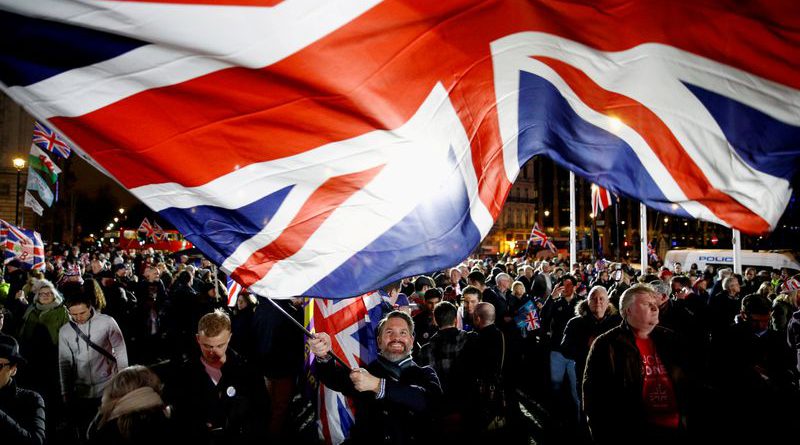Time running short, UK and EU get back down to Brexit business
Brussels (Reuters) – With time fast running out, Britain and the European Union were starting intensified daily talks on Thursday in a final push for a deal to protect billions of dollars of post-Brexit trade.
Though Prime Minister Boris Johnson halted negotiations last week in frustration, the two sides agreed on Wednesday to resume talks just 10 weeks before a status quo transition arrangement expires and Britain goes it alone outside the 27-member bloc.
With tempers frayed and trust damaged between the estranged allies, their teams will sit down each day until Sunday and then fix an agenda for further talks in both Brussels and London.
The EU is ready to negotiate until mid-November but then needs time to ratify any deal before the year-end deadline.
“Time is now very short and we’ve been repeatedly clear that any agreement needs to be in place before the end of the transition period and if an agreement can’t be reached, we will leave on Australian-style terms,” a spokesman for Johnson told reporters, using the government’s term for no deal.
“Both sides have agreed to a genuine intensification of the negotiations with talks taking place daily, including at weekends.”
Arriving in London, chief EU negotiator Michel Barnier told Reuters it was important to be back at the table. “I think we have a huge common responsibility. Every day counts,” he said.
At stake is $900 billion of annual trade between the world’s largest trade bloc and its sixth biggest economy.
The talks have all but stalled since summer, with neither side compromising on the thorniest issues of fair competition guarantees – especially state aid rules – and fisheries, a sector laden with symbolism for Brexit supporters in Britain.
Fish the Issue
There has been some movement around the edges, but in a briefing with diplomats in Brussels late on Wednesday, Barnier said he was only worried about fish, one person who participated in the closed-door meeting said.
“Fish is now the thing to tackle. The other elements seem doable, more or less,” the diplomat said.
Britain wants control over its waters and annual quota negotiations while the EU wants continued access for its boats, with the French particularly concerned about losing their catch.
After Johnson walked away from talks last week, EU officials have become increasingly frustrated with British tactics which in their mind simply use up valuable time in unnecessary theatrics.
But the UK side have argued that they must stick up for their position, and honour Johnson’s pledge to “take back control”. Some in his team saw a small victory in the EU talking up British sovereignty to get the talks back on track.
With time running out, businesses are being told to get ready for the end of the transition period, with or without a trade deal, with British ministers launching an advertising campaign to encourage companies to prepare now.
A no-deal finale to Britain’s five-year Brexit drama would disrupt the operations of manufacturers, retailers, farmers and nearly every other sector just as the economic hit from the coronavirus pandemic worsens.



